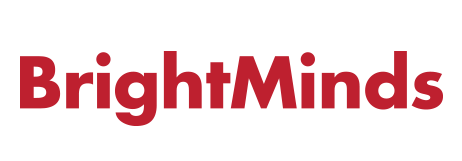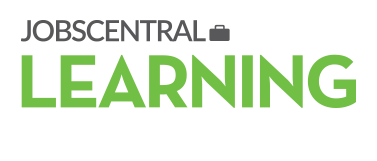A HRBP’s input at the management table is vital. Their extensive research and industry-specific insights put them in a good position to give advice on and chart the company’s training roadmap.
The Human Resources (HR) industry has strong roots in fulfilling an organisation’s administrative duties. HR departments grew out of an essential requirement as government laws, employment regulations and employee documentation became increasingly complicated.
Over time, the role of HR as an administrative arm and personnel department has evolved. People data, something which only HR professionals possess, has become crucial in steering business strategy planning at the management table.
Catalyst For Change
The digital age and advent of technologies have streamlined complex processes into incredibly simple tasks, improving how businesses function by leaps and bounds. Technology such as Infrastructure-as-a-Service (IaaS) and Software-as-a-Service (SaaS) have allowed organisations to save vast amounts of resources by digitising administrative duties, gathering big data on talent and harnessing business insights.
With these solutions in place, HR leaders are then able to gather information on talent sourcing and business forecasting, as well as establish competitive business ROI. This allows them to provide essential advice to upper management to help with business growths.
In the late 1990s, Dave Ulrich, university professor, author and HR thought-leader came up with a model on people-management best practices for HR. With more than 25 years of research and findings under their belt, his team is actively involved in redefining the industry for a new generation. The Ulrich model is based on four key roles:
1. Human Resource Business Partner (HRBP)
The HRBP represents HR and advertises HR services in the organisation while building strategic relationships with internal clients. Their role also extends towards identifying top talents in the industry, providing constructive feedback on the business’ direction and engineering business objectives. An important role of a HRBP is to run functional projects aimed at increasing productivity, cultivating innovation and developing talent.
2. Change Agent
The HR team strategically participates in change management and takes responsibility to communicate changes internally and gain the trust of employees. Change agents plan training sessions to upgrade employee skills, collect feedback from all employees to implement change in process and habits, and plan internal communication materials.
3. Administration Expert
As administration experts, HR personnel control a transactional role. The department has to demonstrate deep knowledge about labour laws, trade union bargaining, how to deal with difficult employees and how to keep personal and company data accurate and, if necessary, up-to-date. Knowledge is the foundation of HR departments because without adequate understanding of the mentioned areas, the team cannot move on to fulfil more strategic roles.
4. Employee Advocate
Being the employee advocate is a core HR role. HR personnel have to represent employees and protect their interests in addition to ensuring that the company’s interests are balanced with its values. Fulfilling this role ensures that grievance and compliance procedures are managed, and that a proper training and development framework is built to spur an innovative corporate culture.
As the departments’ administrative and policy processes become increasingly streamlined with the help of technology, HR professionals have greater power to propel the organisation towards higher and continued growth. One way to add vigour to this power is to form strategic relationships with senior and line managers.
HR Business Partners As Strategic Councillors
In addition to bearing the roles of an administration expert and employee advocate, HRBPs are a valuable source of knowledge, with their fingers on the pulse of the marketplace. HRBPs understand their business thoroughly, and are able to identify potential talent gaps, key players and market trends. They are thus in a good position to advise C-level executives on how to steer the company towards competitiveness, productivity and innovation.
Through their own HRBPs' findings, CareerBuilder Singapore understands that companies need a ready pool of talent comprising active jobseekers and working professionals. As an advocate of its own solutions, the company uses CareerBuilder1 as a solution to form its talent pool and reach out to those within it should the need to arise. This allows the company to fill open positions with competent individuals efficiently, ensuring continued competitiveness and productivity. CareerBuilder1 also provides analytics that offer reliable insights into the talent landscape. Users are then able to tweak internal processing areas and be guided to fine-tune recruitment initatives with the insights they gain.
Furthermore, HRBPs have also long emphasised the importance of employees' continued education and training in order for their company to stay competitive. With the new SkillsFuture initiative introduced by the Singapore government, HRBPs are better supported as they chart the company's training road map.
The HR department has come a long way. By combining valuable parts of its administrative roots with new insights gained from analytics tools and market research, HR professionals of today add value and meaningfully support the goals of their organisation to an even greater extent.





